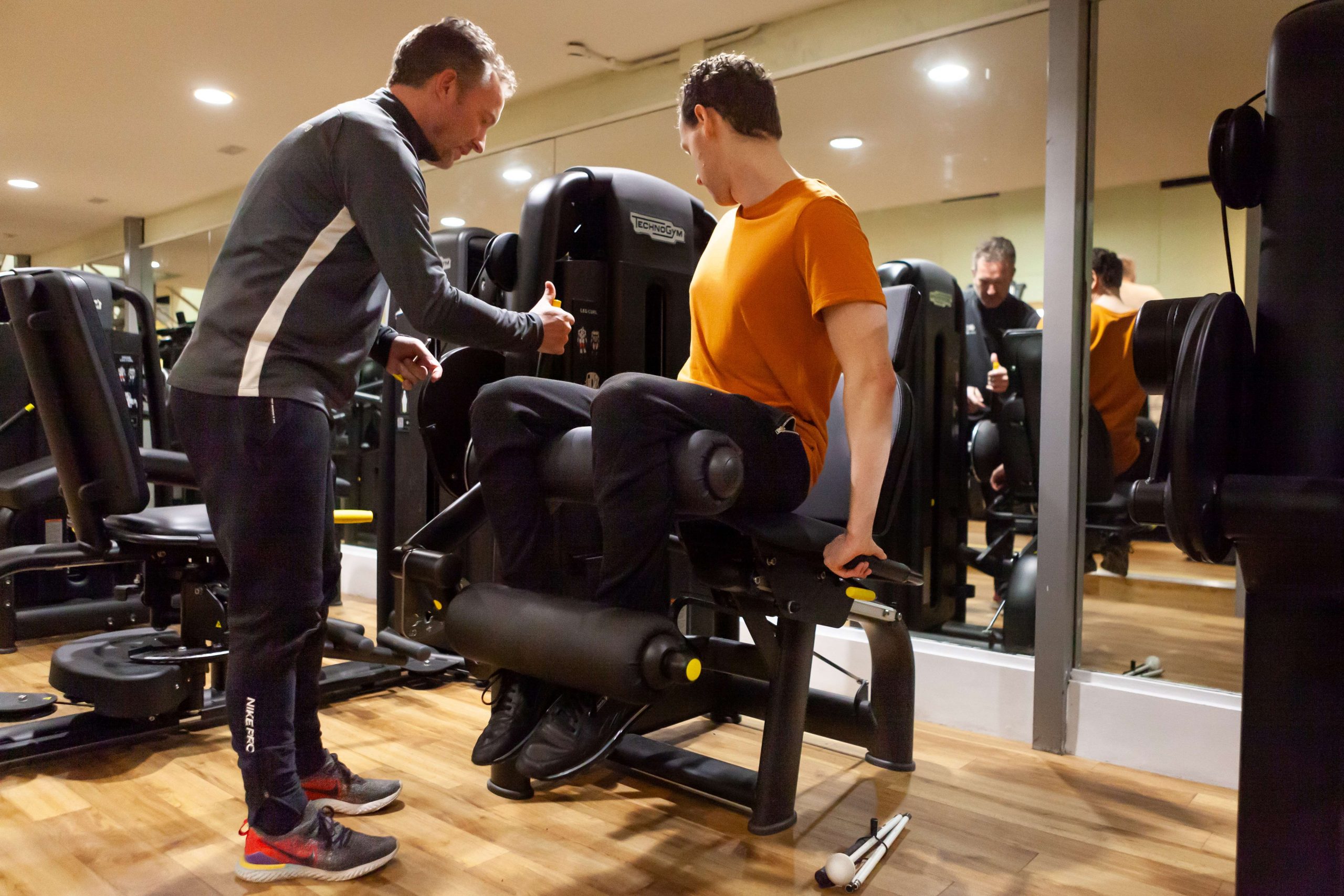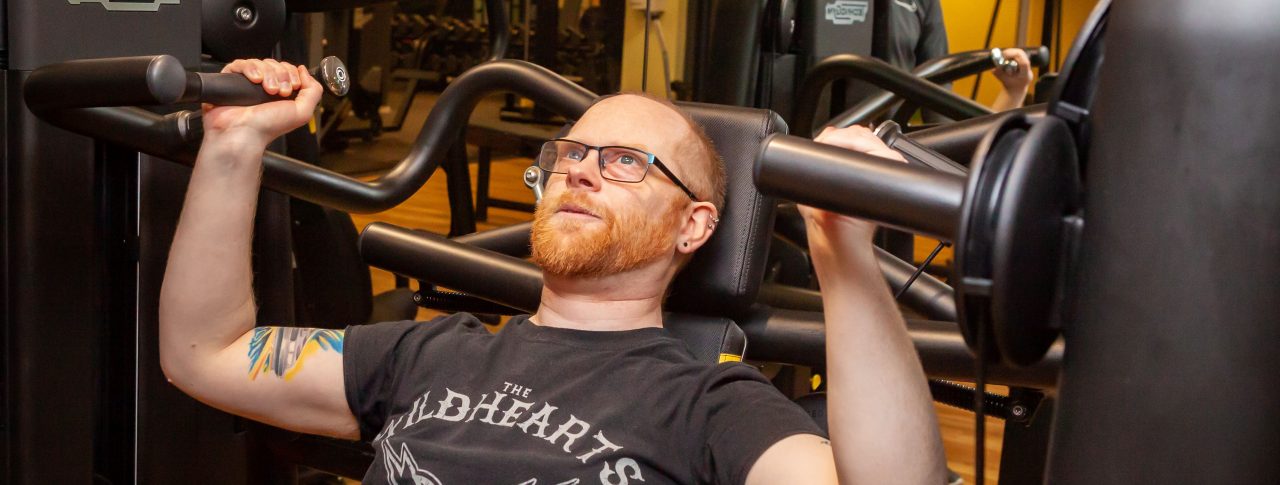TPT and SLCs unveil findings of new leisure and fitness report during IBSA World Games
As the International Blind Sports Federation (IBSA) World Games takes place across Birmingham from 18-27 August, Thomas Pocklington Trust and Sight Loss Councils have unveiled the findings of a new report to help increase the accessibility of leisure and fitness.
The report, Accessibility and Disability Support across the Leisure and Fitness sector, highlights the challenges faced by blind and partially sighted (BPS) people when accessing leisure facilities. This is both in-person and through online platforms such as websites and mobile applications. It also offers recommendations to create more inclusive spaces.
This research was initiated in response to Sight Loss Councils across the UK raising with Thomas Pocklington Trust, issues surrounding barriers for BPS people in using facilities that support exercise and good health.

A visually impaired male, being shown how to use a piece of gym equipment.
The research was conducted by All Able, a consulting firm specialising in accessible services. It identifies notable disparities between blind and partially sighted users and non-disabled individuals in leisure centres. However, it also highlights positive progress being made to improve inclusivity. One key finding is that over 52 per cent of service providers are actively working towards inclusivity by ensuring readily available information on support is provided online.
Testimonials
Testimonials from blind and partially sighted users emphasise the need for a cultural shift in staff attitudes towards disabled customers.
Ashrafia is a member of Metro Blind Sport and Chair of Beyond Sight Loss. She commented about her first interaction with staff, by saying:
“They were a bit flustered and taken back and I had to come up with all the solutions of how they could make it more accessible for me”.
On what could be improved she said:
‘Having the staff ask me what I want and making me feel like I want to be there.”
The report recommends an accessible-by-design approach for leisure centres. This includes updates to website accessibility information, extensive accessibility testing, and collaboration with suppliers who prioritise accessibility.
While commending the progress made by some leisure centres to create inclusive environments, the report also emphasises the need for continuous improvement.
Martin Symcox, Head of Sport and Leisure at Thomas Pocklington Trust, said:
“We are determined to ensure that blind and partially sighted individuals have equal access to physical activity. The positive feedback we’ve received from individuals who have experienced improved accessibility measures serves as an encouraging reminder that progress is being made. However, there is still room for improvement, especially at the initial stages of a visually impaired person’s journey to becoming more active.”
George Rhodes, Director at All Able, added:
“We have identified specific actions that leisure and sport centres should implement to enhance accessibility across all areas of interaction, both digitally and in-person. It was important for us, in collaboration with Thomas Pocklington Trust, to offer solutions and proactive measures that can drive improvements.”
Click to read the Executive Summary – Word version
Click to read the Executive Summary – PDF version
Publication date: 21 August 2023

